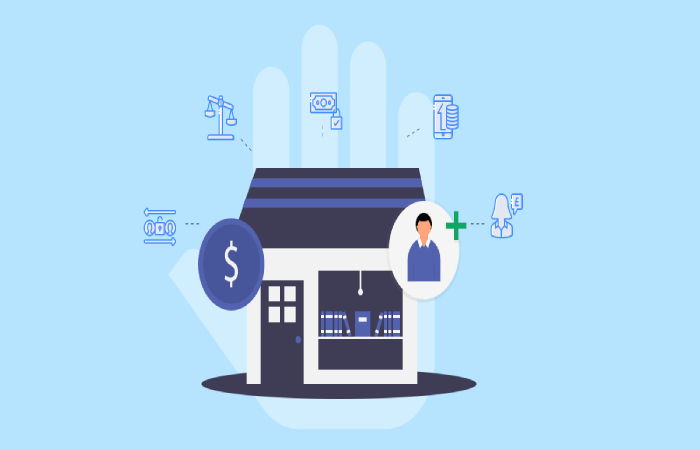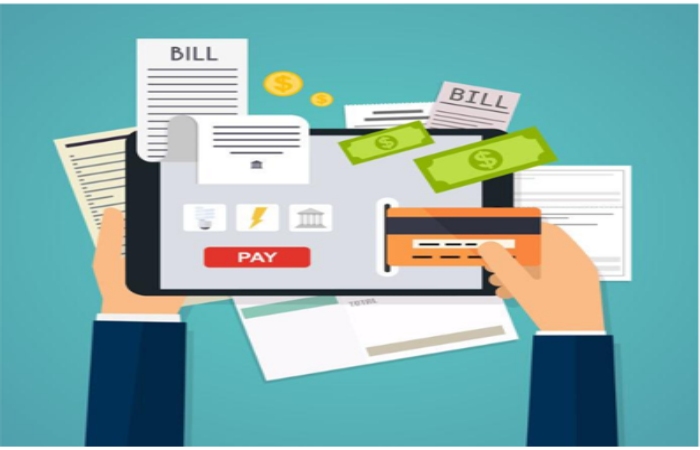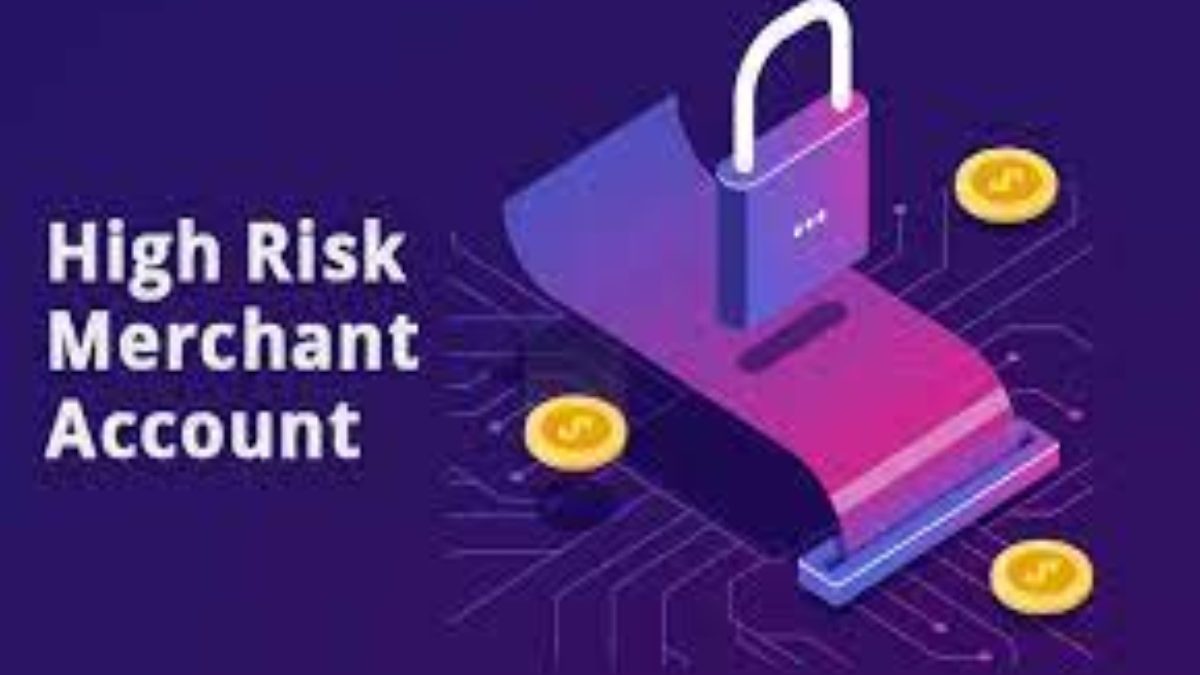A high risk merchant account highriskpay.com is only a merchant account for companies categorized as high risk merchant accounts highriskpay.com. Although each provider has its standards for identifying high risk merchant account highriskpay.com businesses, the most frequent criterion is typically an increased chance of chargebacks or fraud.
Table of Contents
Why High Risk Merchant Account Highriskpay.com Services Are Different Than Traditional High Risk Merchant ccount highriskpay.com
Usually, it is upsetting to have your enterprises classified as “high-risk.” While specific business categories (adult entertainment, gambling, bankruptcy legal companies, etc.) almost always receive the classification, it is possible to accept it if you have bad credit or high average ticket sales. For a complete list of the business categories commonly regarded as
- high risk merchant account highriskpay.com, as well as other elements that could give your company that label. See our page on managing a high-risk firm.
- In the end, a high-risk merchant account is identical to a conventional, low-risk merchant account in terms of features and functionality. The following are the primary distinctions:
- Before you can start collecting credit/debit card payments, high-risk merchant accounts often need to go through a substantially longer underwriting procedure.
- You’ll have to fork over much more money for credit card processing.

Profits Of Using A High Risk Merchant Account Highriskpay.com
Risk-mitigation specialists are a prerequisite for high-risk processors. Your enterprises will still gain from these advantages with a high risk merchant account highriskpay.com, high-quality provider, even though it costs more.
high risk merchant account highriskpay.com vs. Low-Risk Merchant Account
A merchant must have a few common traits to be considered low risk by a payment processor. Low-risk business owners typically:
- low amount of transactions ($20,000 or less monthly)
- average transactions of $500 or less
- Doing business in a nation that has a low risk rating (the U.S., Canada, Japan, Australia and the governments in Europe)
- a single bill.
- Low or no chargebacks and a low return rate
- Sectors deemed to be low-risk.
Remember that when your company grows, your risk status may change. For instance, if your organization experiences a rapid period of growth, your provider can start to view it as high-risk. Additionally, a payment processor can view your expansion into new markets or industry changes as a change in risk level. If this occurs, your payment processor will either alter your status or—if they do not support high-risk merchants—might drop you as a client, in which case you will need to find a new service to handle your payments.
Types of Businesses Considered high risk merchant account highriskpay.com
It’s helpful to know in advance whether your industry is regarded as high risk merchant account highriskpay.com so you can make appropriate plans. Businesses that fall under this category include some of the following:
- Adult
- travel businesses, such as airlines, cruise companies, and
- vacation planners
- Electronic and furniture stores
- Online dating and gambling
- E-commerce
- Network Marketing (MLM)
- CBD, vape, and e-cigarette stores
- Services and businesses that accept recurring payments
- Collection of debt

How To Choose A Reputable High Risk Merchant Account Highriskpay.Com Payment Processor
The following advice should assist you in finding a merchant account that accepts your business and satisfies your needs if you have been classified as a high risk merchant account highriskpay.com or if you believe you might be one:
- Verify The Accepted Business Types Of The Processor: Even high risk merchant account highriskpay.com professionals frequently decline certain high-risk ventures. To find out if your provider can accept your specific business kind, visit its website or get in touch with its sales team.
- Choose A Processor With Load Balancing: You can distribute your transactions among some merchant accounts connected to a single payment gateway using load balancing. In this manner, you will always have the other tabs to rely on, even if one of them fails. With numerous accounts, you’ll be able to process more each month.
- Carefully read your contract: Most high risk merchant account highriskpay.com providers don’t typically disclose their rates and fees online because they can fluctuate based on the bank or processor they use.
FAQs to high risk merchant account highriskpay.com
Why has SecurionPay disappeared?
Since we entered the market, our goal has been to give you and your customers a better, safer, and more convenient way to make online payments. We now collaborate with Shift4, a North American-based, New York Stock Exchange-traded company founded in 1999, as we pursue further growth and development.
What are merchant services?
Financial services for businesses fall under the topic of merchant services. This phrase is widely used to refer to the procedures and technical requirements needed to take debit or credit card payments both online and offline, particularly those made with RFID (or “chip”) cards. It comprises the payment of fees by the merchant for processing these transactions and using security technology like encryption.
The selling (and use of) point-of-sale (POS) terminals and equipment and associated gift card or customer loyalty programs can also be referred to as merchant services. The phrase is also used about the distribution of food stamps and other types of EBT.
What is a merchant account?
A business account is a type of bank account that allows you to accept debit and credit card expenses online. Card transaction proceeds are first transferred into the merchant bank account. The money is then daily or weekly deposited to your company’s bank account.
What is a high-risk merchant?
Based on many variables, merchants are categorized as “low-risk” (average risk) or “high-risk.” For instance, you can be classified as “high-risk” if your average monthly sales volume is over $20,000 and your typical card transaction is over $500. You could also be labelled as ” high risk merchant account highriskpay.com ” if you receive a lot of chargebacks or sell to nations with a high level of risk.
You may also be classified as “high-risk” if you take several currencies, sell seasonal goods, or provide recurring subscription services.
What is a high-risk merchant account?
When they detect a high probability of fraud, chargebacks, refunds, lengthy window delivery times, which might result in issues and chargebacks, or large transactions, payment processors classify a merchant as high-risk. Processing costs are more remarkable for high-risk merchant accounts to cover this risk.
What is a low-risk merchant account?
A low transaction volume (less than $20,000 per month), an average transaction sale of less than $500, and employment in a sector with a low rate of chargebacks, fraud, or returns are all characteristics of low-risk merchants. Compared to high-risk merchants, low-risk merchants pay their payment processors less in processing costs.
What types of businesses are considered high risk merchant accounts highriskpay.com?
The adult business, travel (including airlines, cruises, and vacation organizers), furniture and electronics stores, gambling, online dating, e-commerce, multilevel marketing (MLM), e-cigarettes, CBD, and vape shops, subscription services, and businesses with recurring payment plans are just a few of the industries with a high [risk merchant account] highriskpay .com rating.
What should I look for in a high risk merchant account highriskpay.com service provider?
Make sure the vendor accepts your type of business when selecting a [high-risk merchant account] service provider because not all companies are accepted by account providers who specialize in high risk merchant accounts highriskpay.com Additionally, be sure that you have the funds available to cover the costs of dealing with one of these providers because these businesses typically charge greater fees than low-risk merchants would. Lastly, confirm that your credit score is accurate and as good as it can be. The likelihood that your firm or the primary owner will be approved for a high-risk merchant account may be impacted by a poor credit score. If you’re having trouble getting merchant accounts, you might need to improve your credit score.


